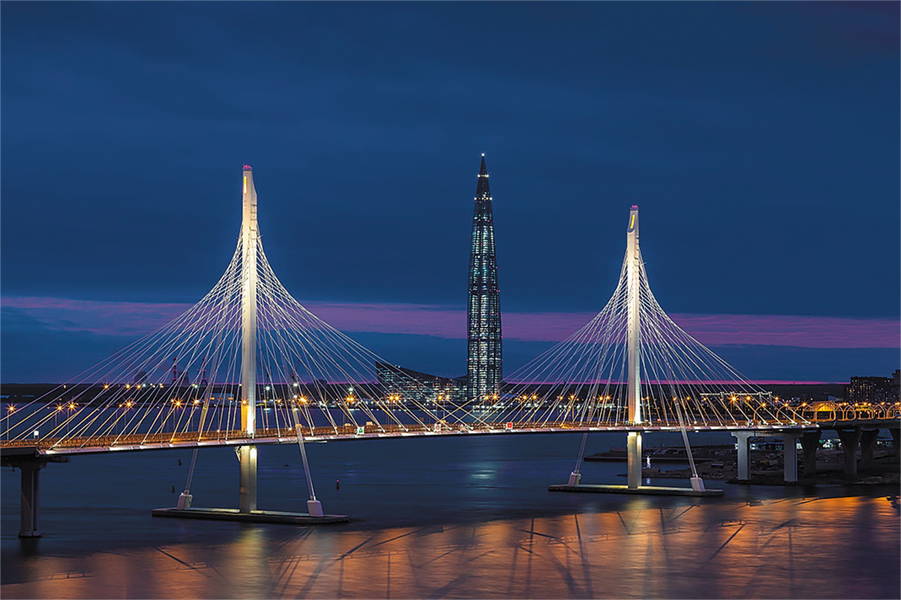Architecture as a keynote of Cultural Exchange

In mid-November 2018, St. Petersburg hosted the VII International Cultural Forum. This large-scale event, which was held for the seventh time, every year attracting a large audience. This year, the total number of visitors approached 35 thousand, and the composition of professionals in the field of culture and related areas reached 13 thousand participants. The national delegations of most countries were headed by ministers of culture and government members, and the sections were led by directors of major museums, film studios, theater directors, musicians, dancers and writers of world renown.
For the third time in a row, the Forum worked on the section “Creative Environment and Urbanism”, headed by the Chief Architect of Moscow, Sergey Kuznetsov. Traditionally, such events within the urban section gathered a capacity crowd, as they related not only to highly specialized methods of urban environment formation, but also covered a wide range of cultural, social, architectural and artistic matters of the quality of urban life in the modern world. Invited domestic speakers and international experts introduced the audience with their experience in modeling of creative strategies for the transformation and development of urban space.
Two question of present interest became the key topics of this year section: the influence of major international events on the development of cities and their reflection in the media. The impetus to the conversation was the successful hosting of the World Cup in Russia, which became an objective driver for the transformation of the urban environment of many Russian cities. Italian, British, Qatari and Finnish colleagues shared actual experience in the field of forming a positive image of a particular place when working with media content. Architects and sports officials, museum workers and restorers, entrepreneurs and journalists spoke about the important role of large-scale architectural dominants in the structure of modern cities from their professional positions. And a special lecture delivered by famous British architect Asif Khan (the author of the darkest building in the world), as well as UNESCO’s Special Adviser Francesco Bandarini (Italy) and Program Director of the World Architecture Festival Paul Finch (United Kingdom) drew a full house to their interdisciplinary discussion.
“Nowadays, the most valuable things are impressions, so our time - is the time of architecture,” commented Marina Loshak, Director of the Pushkin Museum of Fine Arts.
Marianna Mayevskaya



